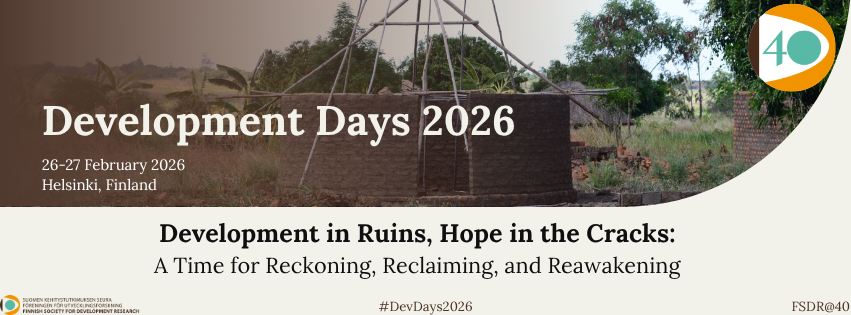Coordinators: Dayabati Roy and Roshni Chattopadhyay
Drawing on Foucault’s (2001) ideas of space, knowledge, and power, this working group (WG) reflects on the systemic forms of oppression present in the spaces of infrastructures. While on one hand, infrastructure may be imagined as belonging to the order of freedom and on other, they can be the locus of disorder. Each contains within it the possibility of oppression and the openings for liberation, revealing how infrastructures are not fixed architectures of power but contingent sites where order and disorder continually negotiate their boundaries. By centering infrastructures in its expansive contexts, we argue that infrastructures are networks that enable the flow of goods, people, and ideas across spaces on the one hand, and hinder the movement of matters on the other.
This WG particularly explores how built infrastructures, not only limited to resource extraction but also urban, social, and technological systems reshape the natural web of life, generating new possibilities, contestations and risks in an environmentally precarious present. The question is: how do we reimagine and advance futures of care, peace, and justice? Based on Heideggerian ideas, we may build or think of infrastructures in terms of dwelling. ‘To dwell’ means to be set at peace, to remain at peace within the free sphere that safeguards each thing in its nature (1971: 3). We seek to understand thus how people are inhabiting the ruined landscapes with contested hopes for a sustainable future. We are interested in discussions on how we reckon with the ruins of infrastructures, where we find sites of hope, and how we trace in thought the theories of transformative futures. This panel will be held online. We particularly encourage collaboration with advanced PhD students, postdoctoral fellows and early career scholars working on Global South.
Please submit a 300-word proposal for a paper with contact details of the presenter(s) by 30 November 2025 to dayabatiroy@gmail.com
